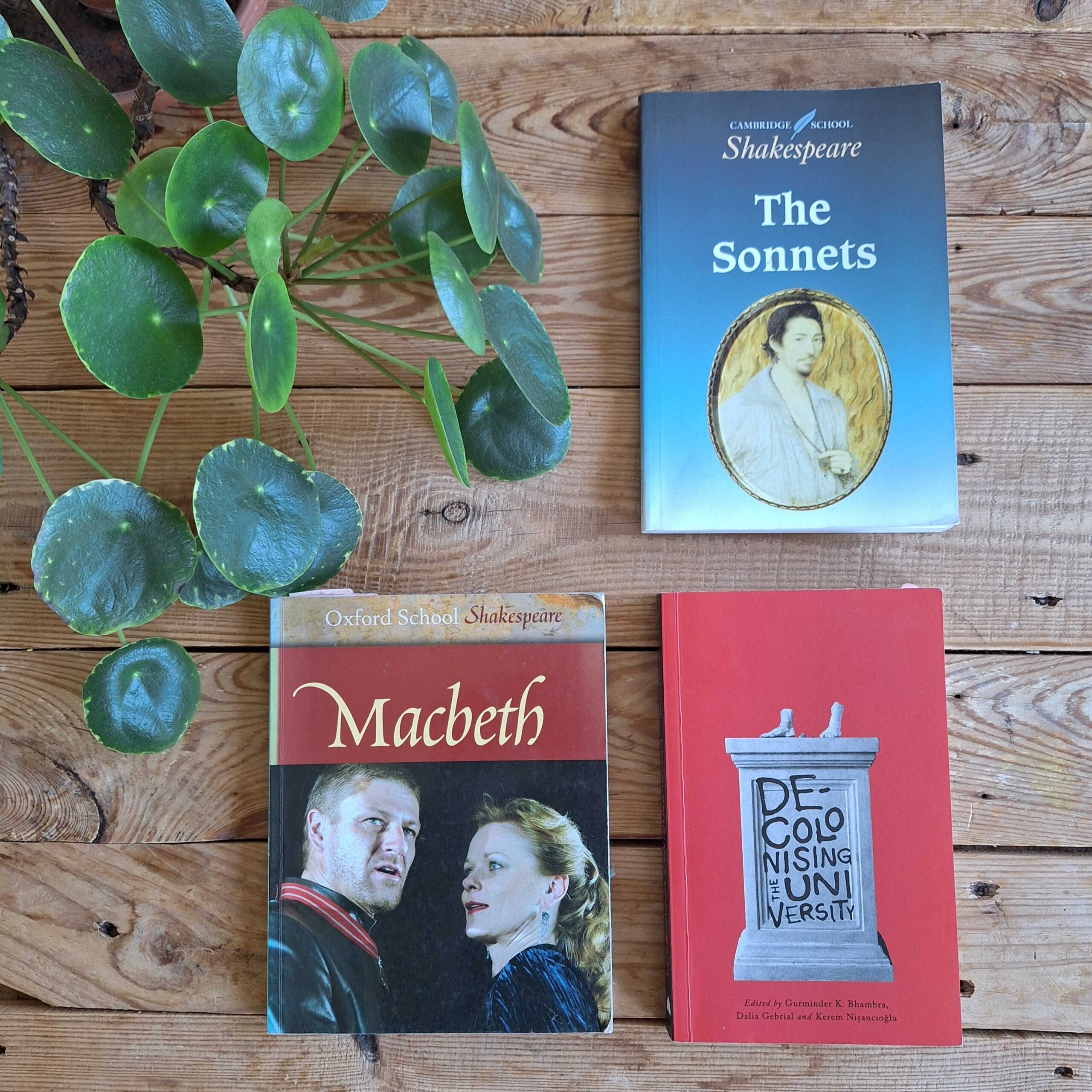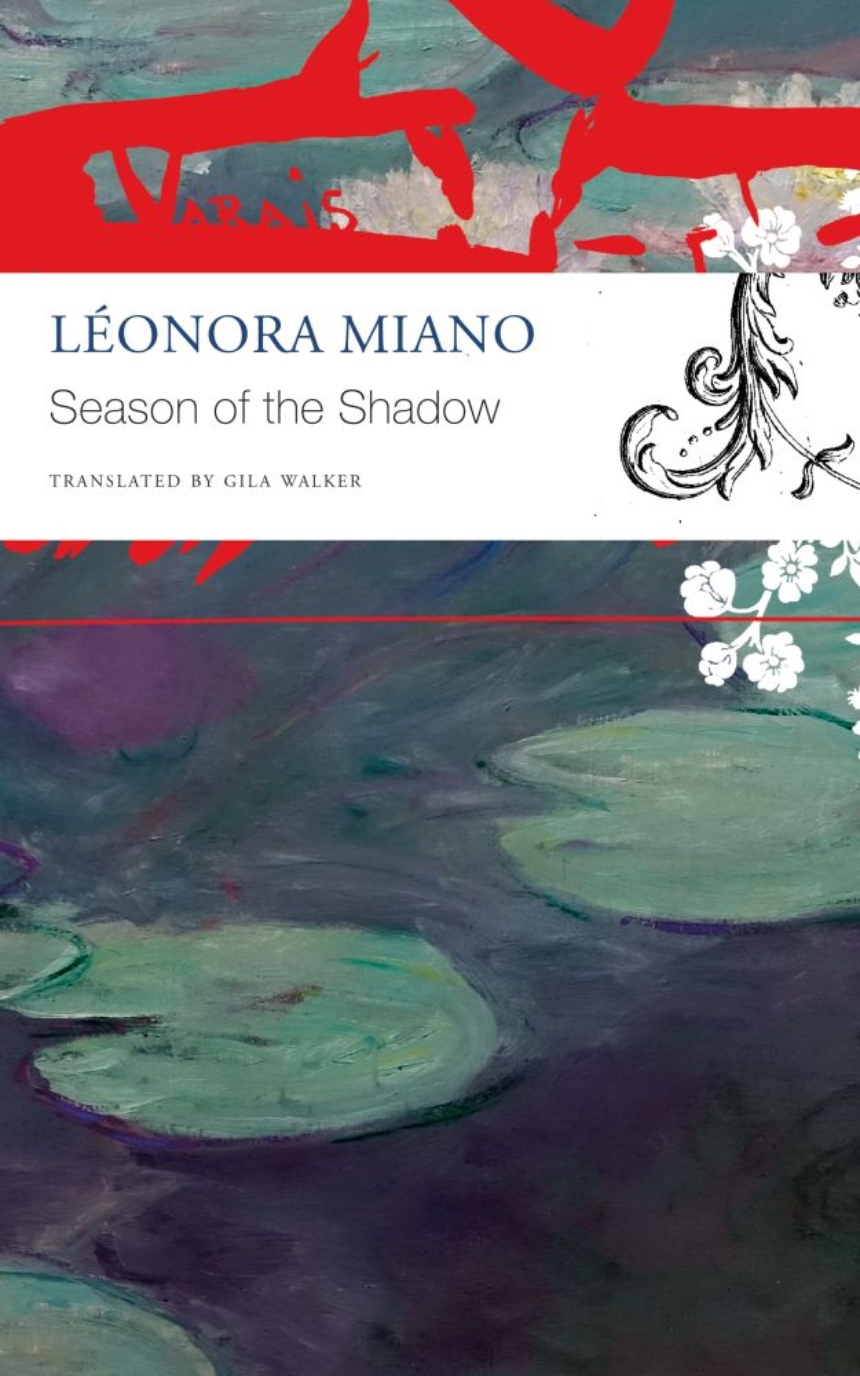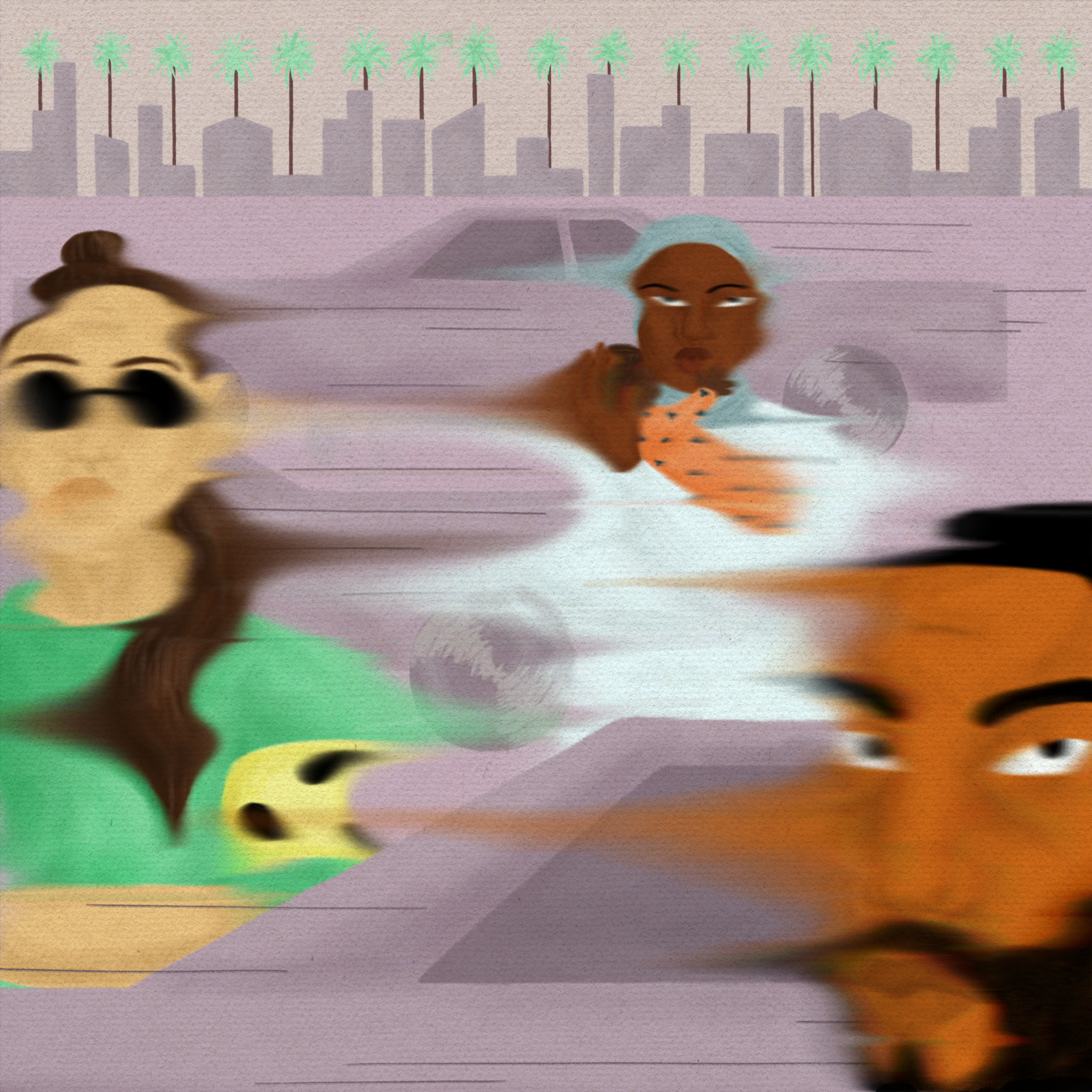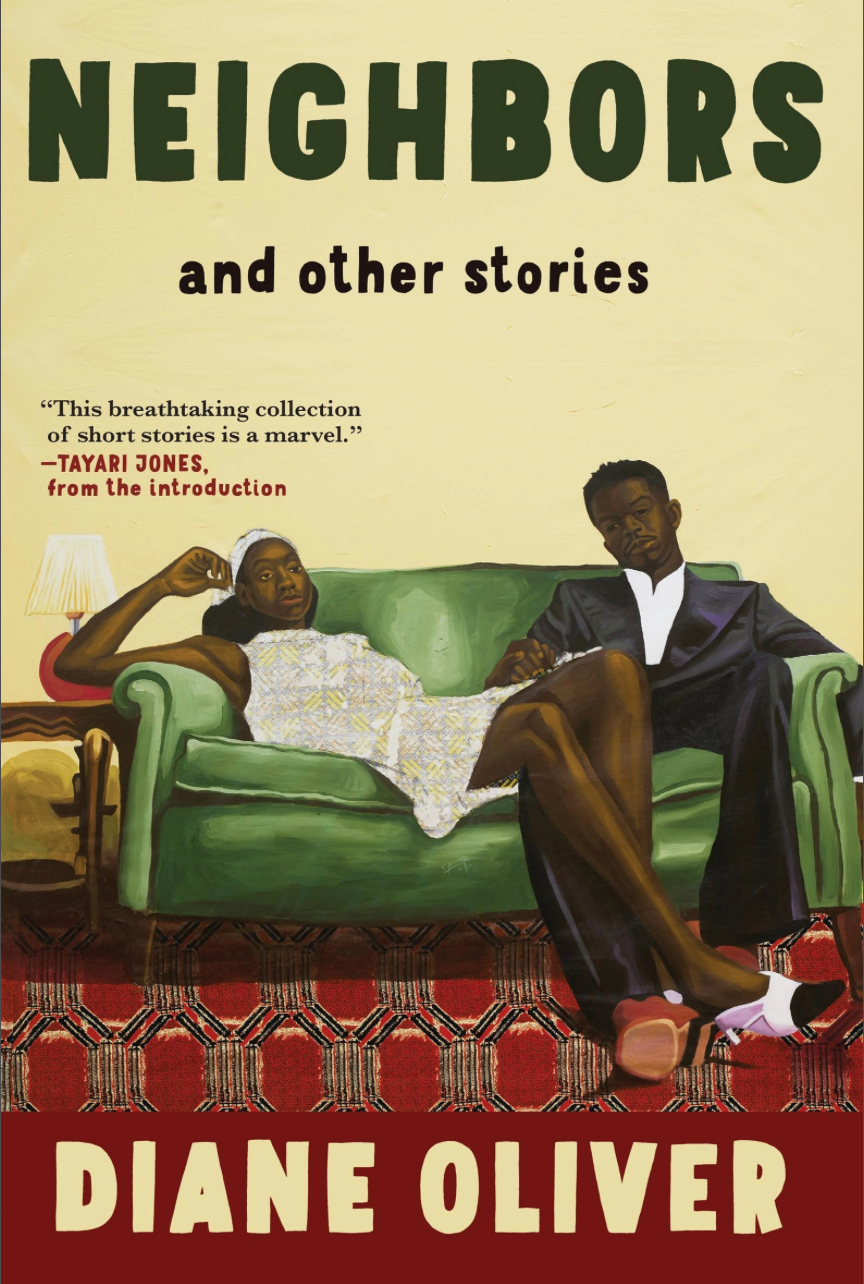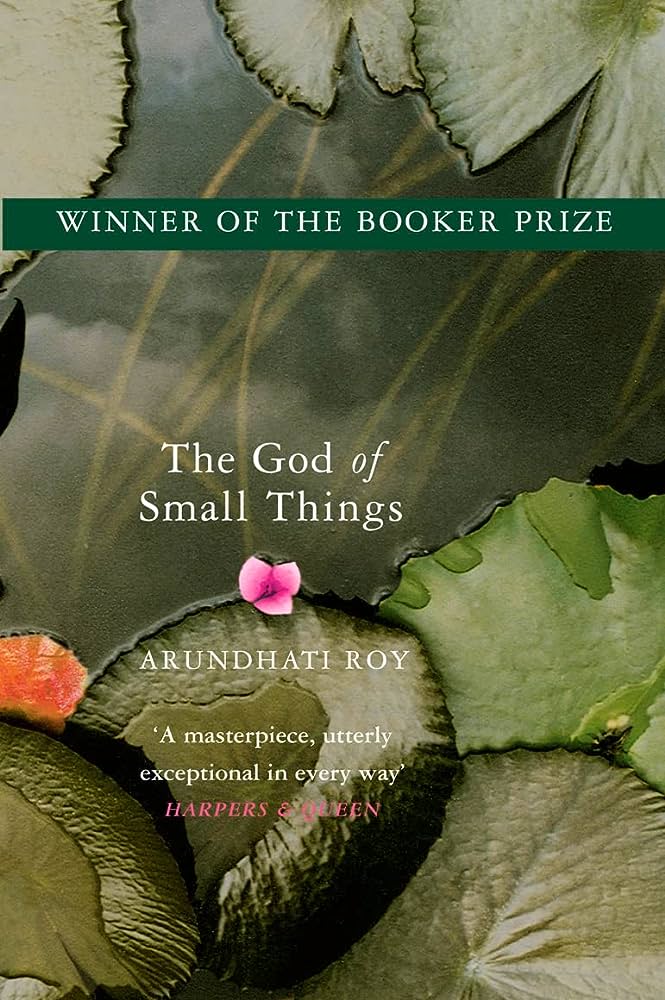If your interests lie with the postcolonial, Shakespeare might seem like an unlikely port of call. Or rather, he might seem representative of a lot of the things a postcolonial approach would be interested in working against. He could, for instance, represent what needs to be removed in calls to ‘decolonize the university’: a dead […]
more...
The postcolonial occupation with art enables a negotiation that positions itself permanently against the colonial gaze, and in doing so can actually be and become a form of resistance.
more...
Cahier d’un retour au pays natal by Aimé Césaire blows up literary and political categories: it is a long poem, but at times it reads like a manifesto; it describes the journey and the search for identity of a young man from Martinique, has autobiographical features, and yet is also a journey into the past that recalls, among other things, the transatlantic slave trade.
more...
Many people who grow up in Germany believe that colonialism belongs to the distant past and has no influence on them. However, this is not true. Postcolonialism is reflected in the Eurocentric worldview, the media, language and in consumer behaviour.
more...
Season of the Shadow reads like a crime novel, and its dark historic background unfolds only little by little: the history of the transatlantic slave trade.
more...
In discussing humanism, one is talking about the dignity of human beings and the moral imperative for humane actions. As much as we can justly perceive these hard-earned principles as standards to be maintained, we, as advocates committed to these universally conceived principles, must equally admit their historically ambivalent and abusive role.
more...
There is perhaps no other art form that makes time travel so vividly possible as literature. In Diane Oliver’s collection of short stories Neighbours and other stories, we are in the USA of the 1960s, a decade known for protest and political upheaval. The so-called racial segregation. which determines everyday life in the USA, especially in the southern […]
more...
Arundhati Roy’s The God of Small Things (1997) is one of the most widely known postcolonial novels. It won the Booker Prize in 1997 and has been translated into more than forty languages.
more...
The Magic of Saida begins with a relatively familiar premise: a man returns to the country of his birth on a mission to find the woman he once loved. But this novel finally delivers a much more complex and tragic story than this starting point might suggest, offering a sweeping history of what is today Tanzania, from precolonial times to (almost) the present day.
more...

